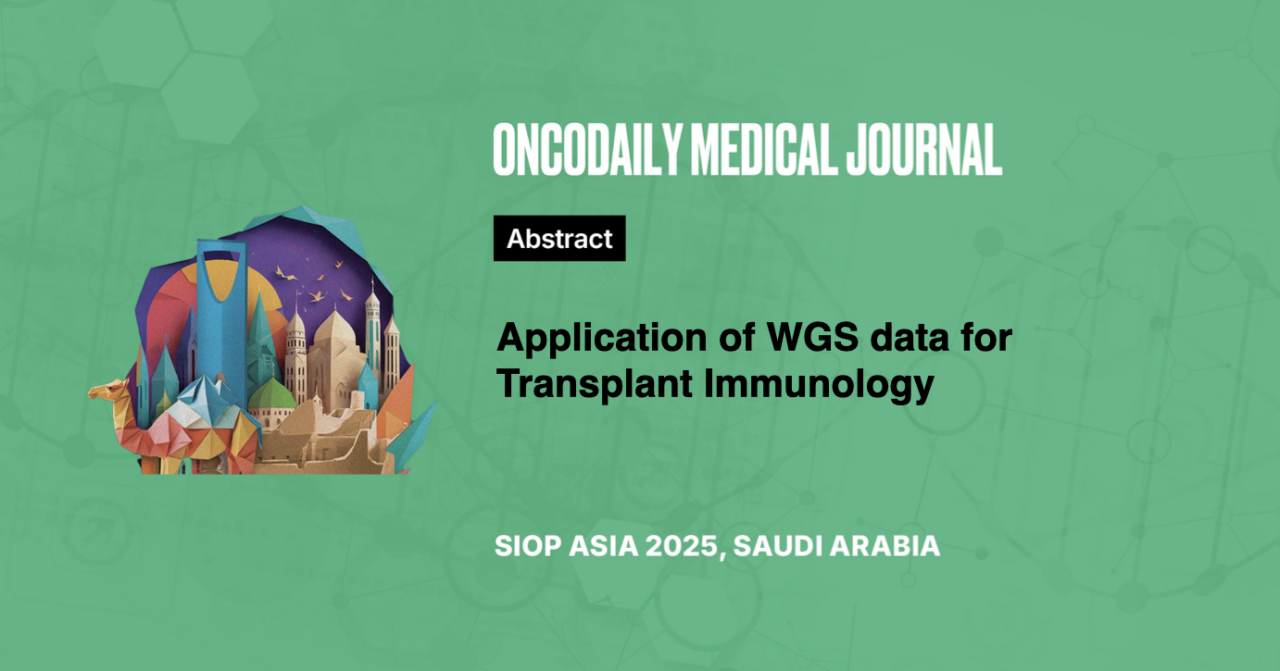Application of WGS data for Transplant Immunology
Abstract
Introduction: The accurate and quickly obtained results of HLA-typing of patient and donor are the first necessary step on the way to successful hematopoietic stem cell transplantation. There are currently many commercial reagent kits for HLA-typing available. The patient also often undergoes whole-genome sequencing (WGS) as part of the molecular diagnosis of the underlying disease. The genes of the HLA-complex are also sequenced when performing WGS. Is it feasible to get correct results of HLA-typing from WGS-data, thereby reducing the number of studies and saving resources?
Methodology: 50 samples with a previously known genotype were used for the study (samples were obtained as part of the external proficiency testing for laboratories performing HLA-typing). As a reference method was used Next Generation Sequencing (NGS, reagents “NGSgo” and software “NGSengine” (GenDX, Netherlands)) on MiSeq platform (Illumina, USA) following the manufacturer’s protocol. MGI DNBSEQ-T7 (BGI, China) platform with MGIEasy PCR-Free DNA Library Prep Set kit was used for WGS following the manufacturer’s protocol. WGS was conducted within the framework of the national genetic initiative “100,000+ME”. HLA typing was performed using the HLA-HD tool, which was run on the WGS data according to the authors’ guidelines.
Results: Results of high resolution HLA-typing for 5 loci (HLA-A,-B,-C,-DRB1,-DQB1) were obtained from both methods for all 50 samples. A total of 250 alleles were studied. A comparison of the results revealed that five loci did not match. The percentage of incorrect values was 2%. All discrepancies have been identified at I class loci. The main reasons for the errors were: insufficient gene coverage during the process NGS and imperfection of bioinformatics analysis.
Conclusion: To use WGS data to obtain correct HLA typing, we need to improve bioinformatics tools and be attentive to quality control of NGS data.





